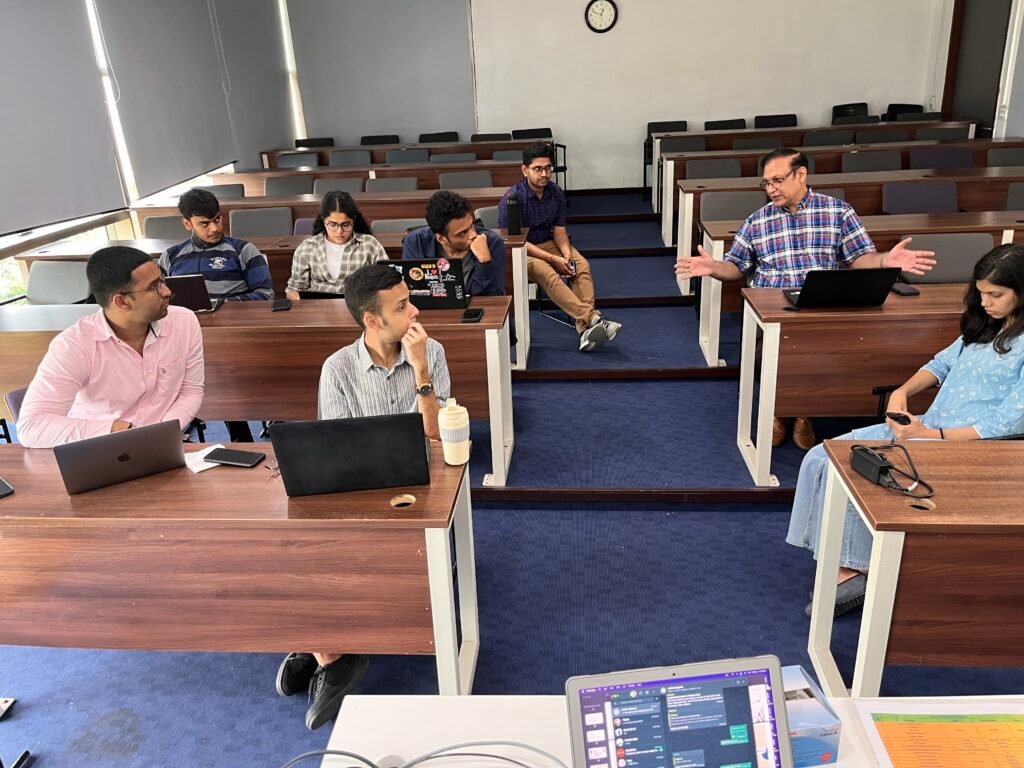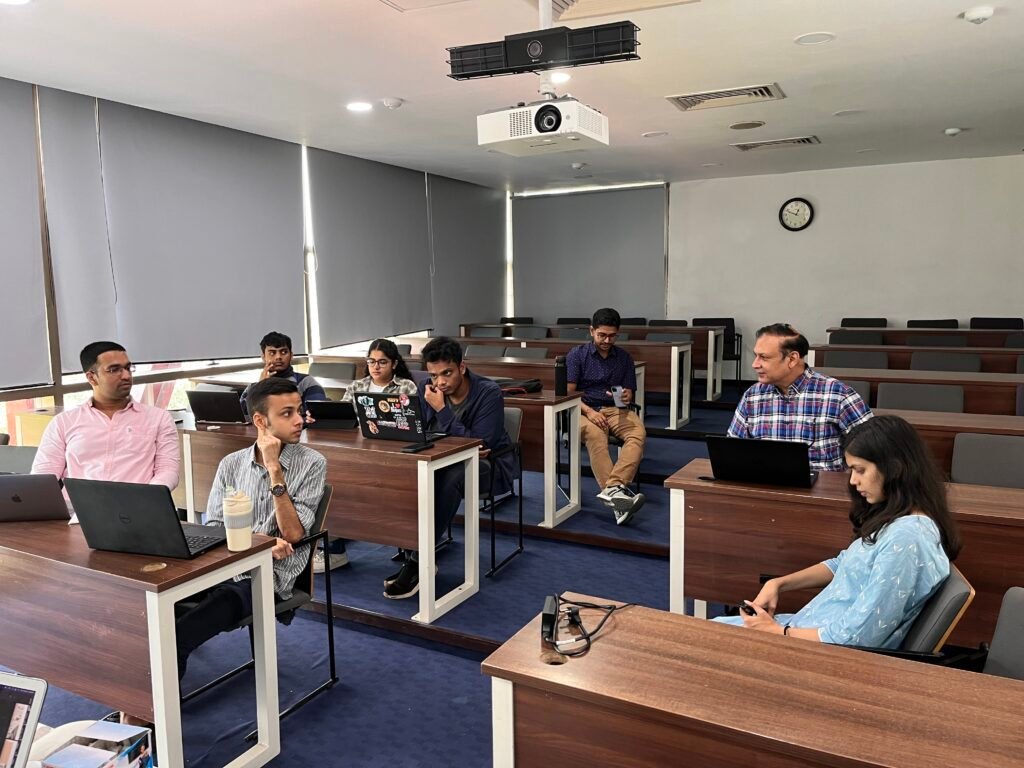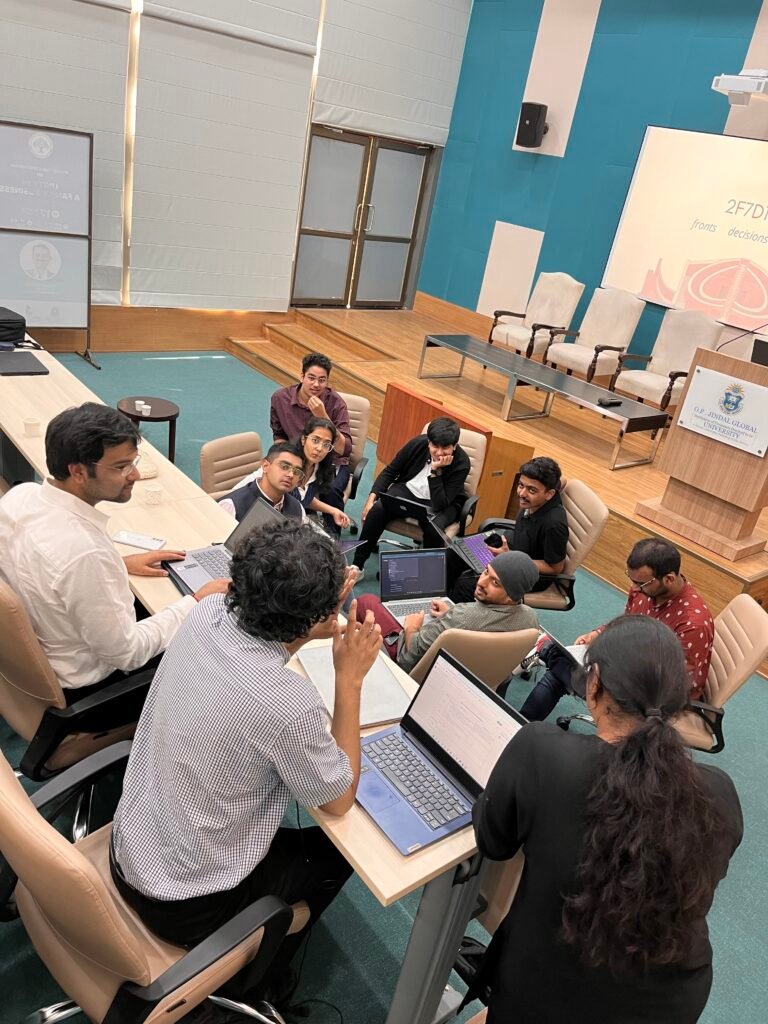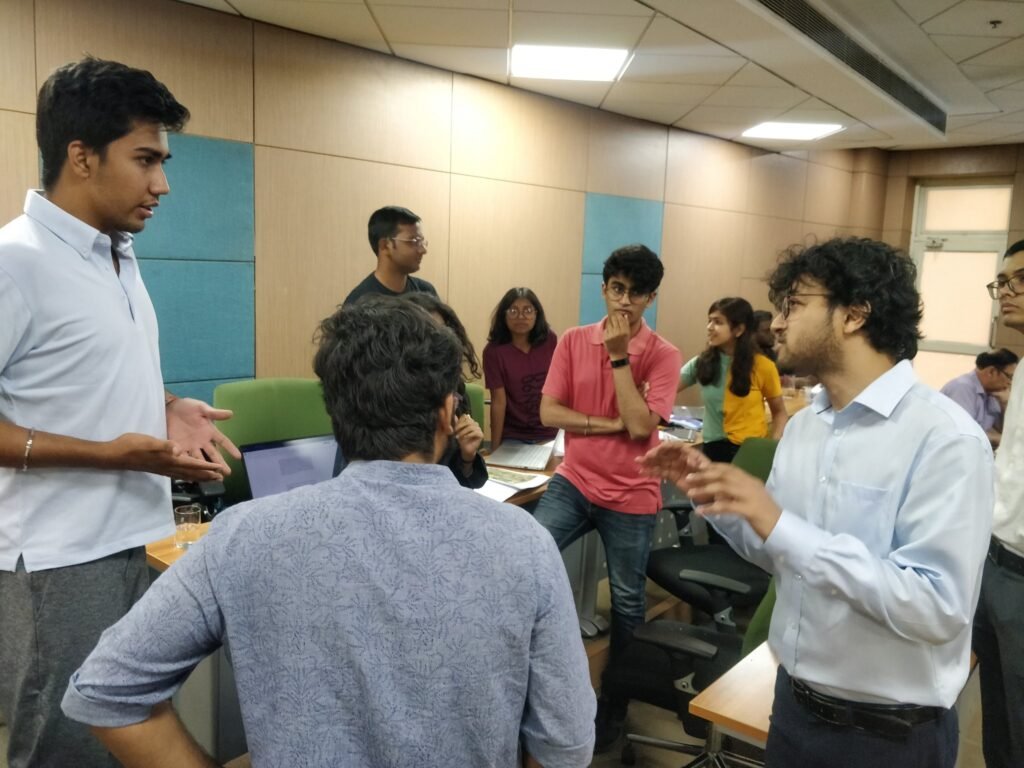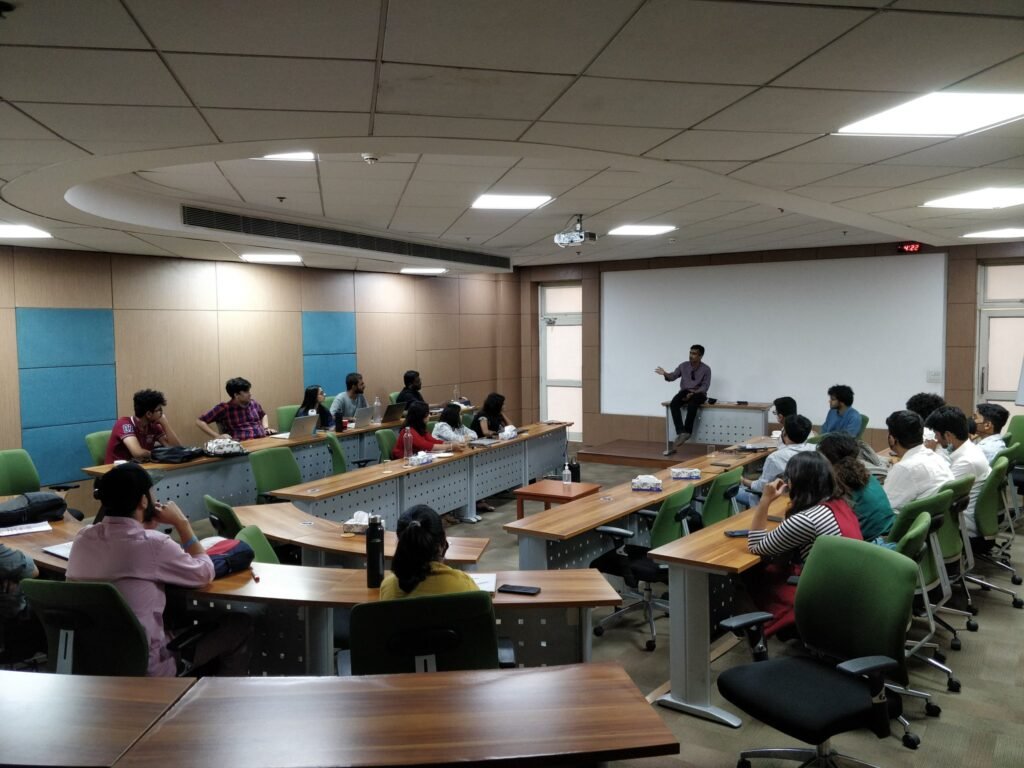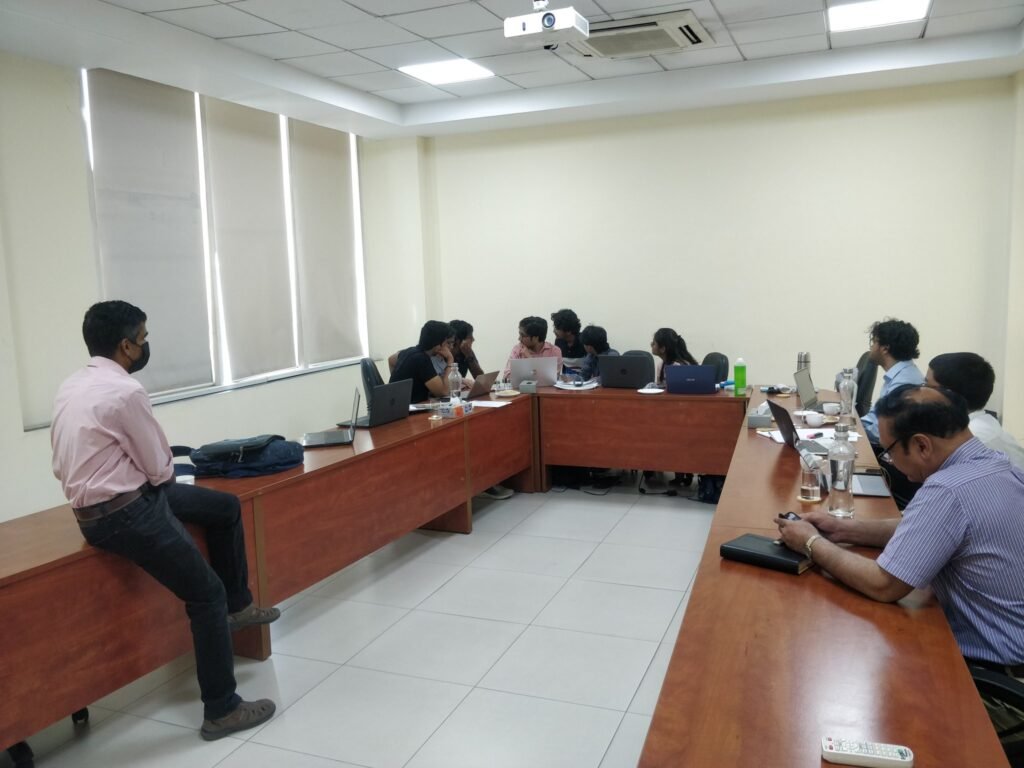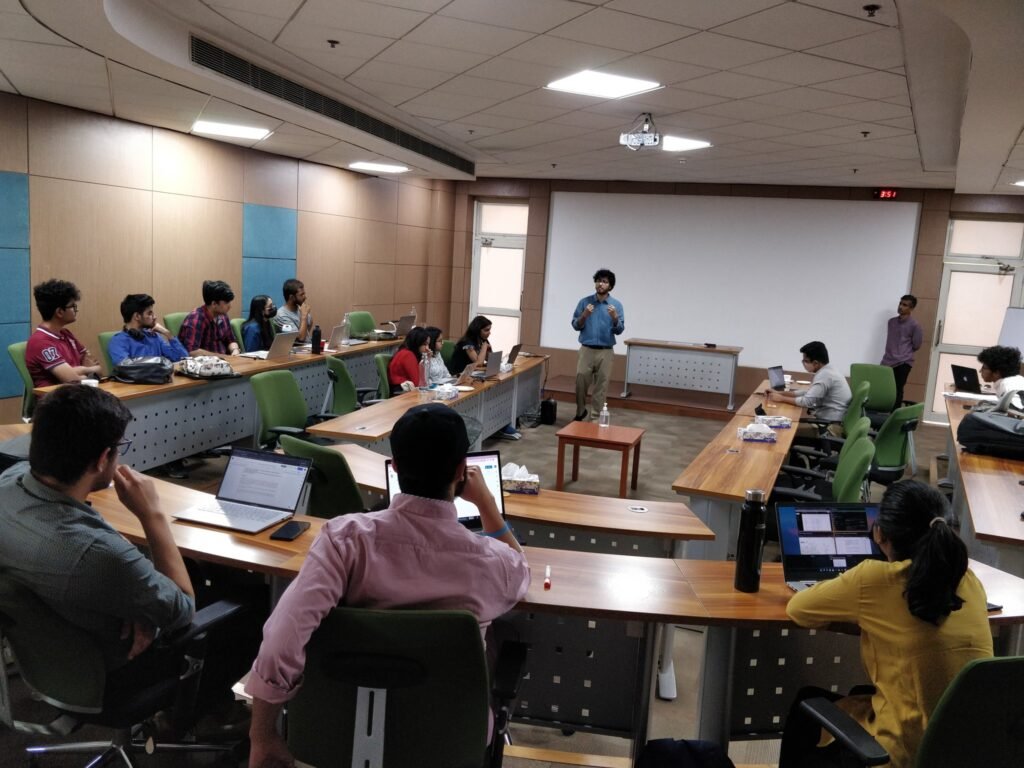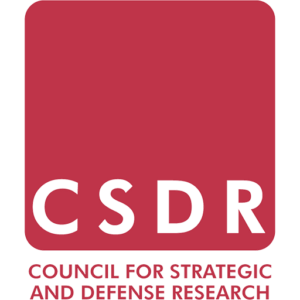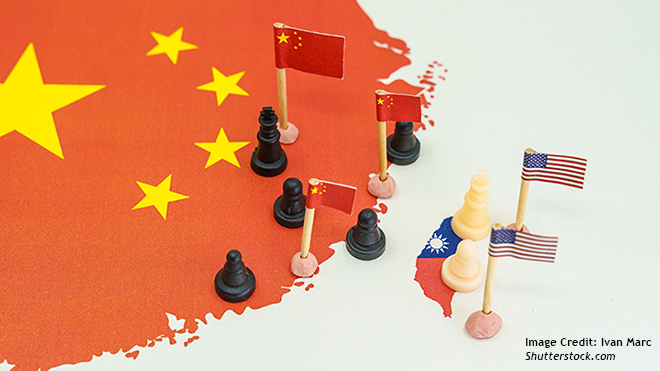The CSDR Wargaming Lab is dedicated to the exploration of strategic issues using wargames and simulation exercises. Our mission is to enhance India’s broader discourse by employing simulations that delve into the multifaceted challenges faced by decision-makers in dynamic and complex scenarios. These scenarios range from delicate negotiations, such as India-Nepal talks regarding the Kalapani territorial dispute, to the intricate considerations of a two-front conflict involving China and Pakistan. We also investigate various facets of international cooperation in the maritime realm.
Led by Lt. Gen. D S Hooda, former Northern Army Commander, our lab recognizes the growing global significance of wargaming as a valuable tool for strategic analysis and problem-solving. Its effectiveness is evident in its recent contributions to strategic discussions, including those related to a potential Taiwan contingency in the United States and other countries, including China.
Kalapani wargame
This exercise is built upon a scenario in which negotiating teams from India and Nepal prepare for, and conduct, negotiations over their territorial dispute in the backdrop of growing public protests in Kathmandu. The exercise is aimed at understanding the cost-benefit decision-making matrix of both negotiating sides as well as pareto-optimal negotiation strategies. Teams ( prepared and briefed in advance) are encouraged to create their own agendas and strategies and adapt to an evolving scenario. The game had been written and prepared under the supervision of former Indian Ambassador to Nepal, Amb. Rakesh Sood, and has gone through three iterations so far. A report on the findings will be published soon.
India-China Two Front war dilemma
The exercise is aimed at understanding the nature of stressors that any Indian government is likely to face in a gradually evolving two-front crisis with potential for escalation to conventional war. The red teams (China and Pakistan) are given detailed information on military assets and infrastructure, the immediate context (with maps and background), as well as country profiles that are carefully curated with the help of subject matter experts.
The game requires teams to undertake key decisions that seek to balance between pursuing national interests and avoiding unfavorable politico-military responses and situations. The game also aims to test the strength of the Pakistan-China axis – which could range from Pakistan entering the fray to maintaining neutrality.
The exercise has had multiple iterations including at prominent universities such as Jindal Global University and Shiv Nadar University.
Other Games and simulations.
The lab is undertaking research and conducting interviews to design a maritime politico-military wargame in the Indian Ocean Region. The exercise aims to better understand India’s strengths and weaknesses in the maritime domain in a crisis situation involving a third country.
